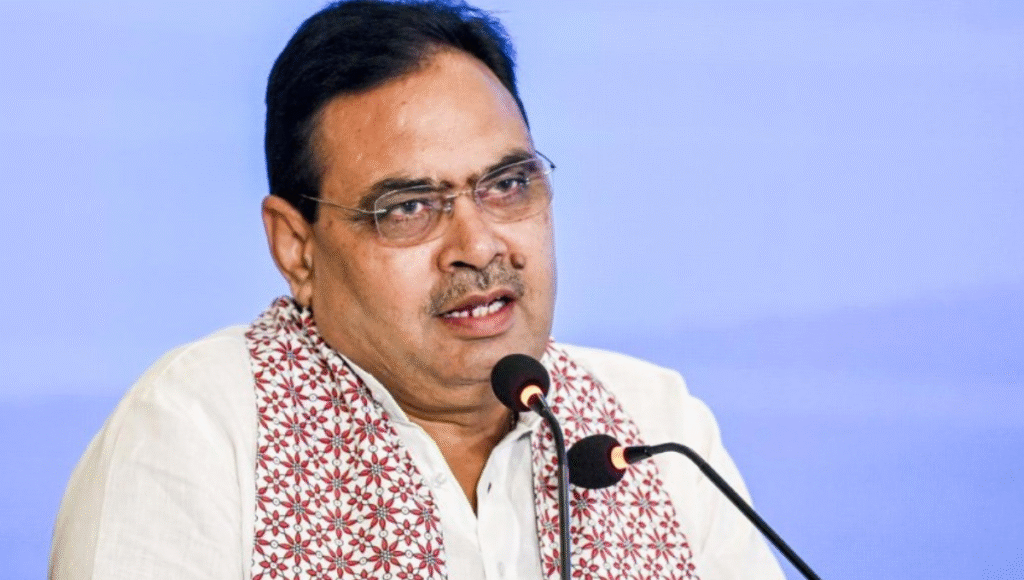
Rajasthan Gets First Sports University, Cabinet Brings Major Reforms
In a landmark move that blends education, sports, and social welfare, the Rajasthan Cabinet has cleared several key proposals that will reshape opportunities for students, athletes, and families of government employees across the State. The most striking announcement is the creation of Rajasthan’s first sports university in Jaipur, a long-awaited step that is set to transform the sports ecosystem. Alongside this, the Cabinet has simplified family pension rules and rationalised the fee structure for NRI quota seats in medical colleges.
Maharana Pratap Sports University: A Vision for the Future
The new sports university, named after the legendary Rajput ruler Maharana Pratap, will be the State’s first of its kind. Originally promised in the 2024–25 Budget, the university aims to go beyond traditional sports training. It will serve as a hub for cutting-edge research in sports technology and performance analytics, nurturing elite coaches and experts who can guide the next generation of athletes.
With Jaipur as its home, the university is expected to attract aspiring sportspersons from across the country, building an ecosystem where passion meets science. The Bill for the university will be placed before the State Assembly in the upcoming session.
Pension Reforms with a Human Touch
The Cabinet also approved compassionate amendments to the Rajasthan Civil Services (Pension) Rules, 1996. Under the revised norms, parents of deceased government employees will now be eligible for an enhanced family pension of up to 50%, offering greater financial stability during difficult times.
In another progressive change, disabled sons and daughters will continue receiving pension benefits even after marriage. Deputy Chief Minister Prem Chand Bairwa described these changes as a step towards building a more “inclusive and compassionate” support system for families.
NRI Quota Fee Structure Gets Rationalised
Education reforms also featured strongly in the Cabinet’s agenda. Fees for NRI quota seats in medical colleges under the Rajasthan Medical Education Society have been revised. Starting in the 2025–26 academic year, NRI students will now pay 2.5 times the management quota fees, amounting to ₹23.93 lakh per year.
Officials noted that the decision aligns fees with the average cost of private medical colleges across India. Not only will this adjustment help fill vacant NRI seats by attracting meritorious students, but it is also expected to generate nearly ₹45 crore in additional annual revenue for the Medical Education Society.
Boost to Tourism and Renewable Energy
Beyond sports and education, the Cabinet also cleared proposals for land allotment to solar energy projects, reinforcing the State’s commitment to clean energy. Additionally, new posts have been created in the State Tourism Service and the Archaeology and Museum Service, ensuring smoother career progression and faster promotions for officials. These moves are expected to boost morale within government services while also strengthening Rajasthan’s tourism and cultural heritage sectors.
Looking Ahead
The recent Cabinet decisions reflect Rajasthan’s forward-looking approach—whether it is in promoting world-class sports infrastructure, caring for families of employees, or creating competitive opportunities in education. With these reforms, the State government has attempted to strike a balance between compassion, inclusivity, and growth.
The establishment of the Maharana Pratap Sports University stands out as a landmark initiative that could put Rajasthan firmly on India’s sporting map, while the pension reforms and NRI fee rationalisation demonstrate a sensitivity to both social needs and institutional growth.
Disclaimer: This article is based on the latest Cabinet decisions announced by the Rajasthan government. It is intended for informational purposes only. For official details and implementation guidelines, readers should refer to government notifications or authorised sources.





